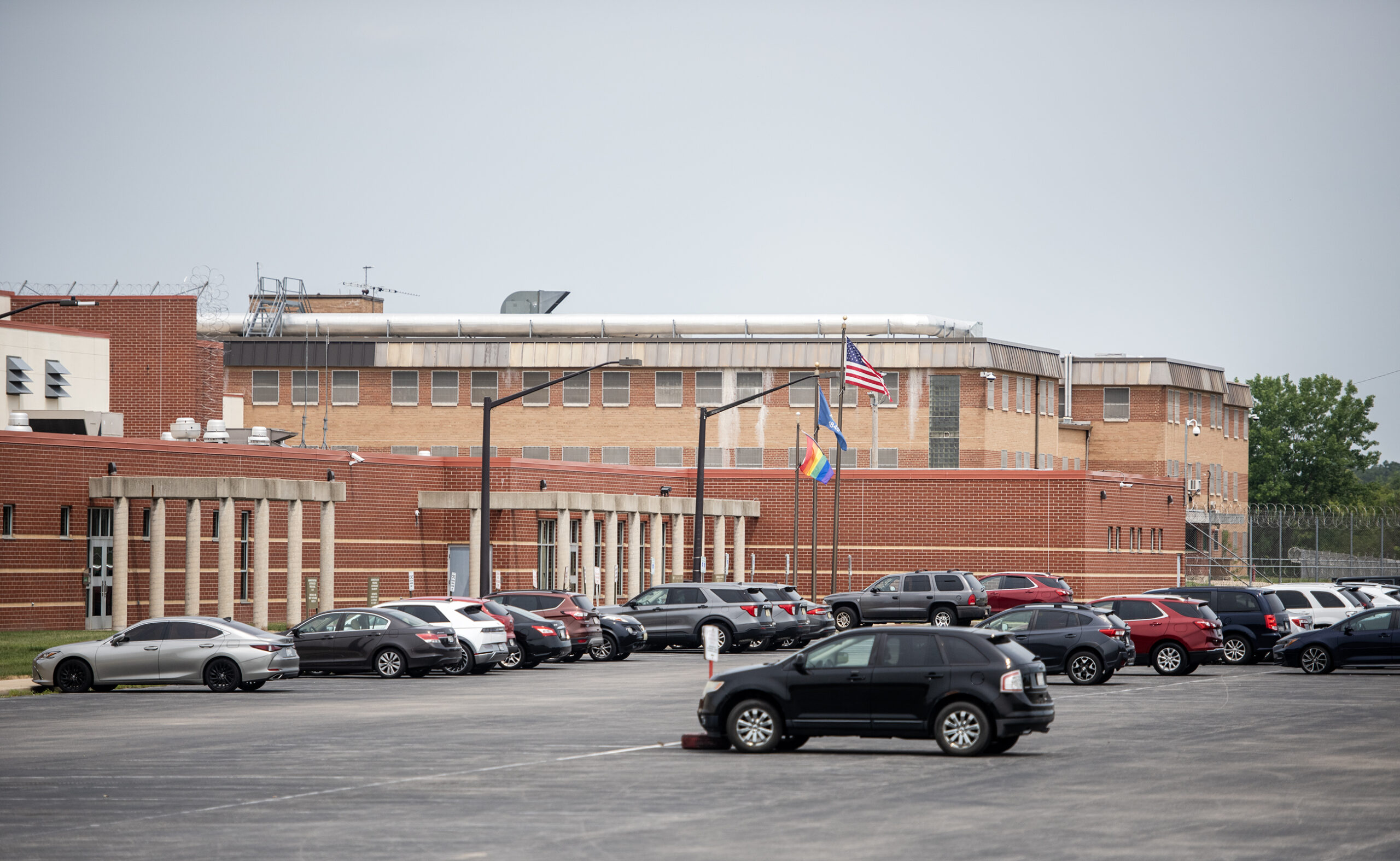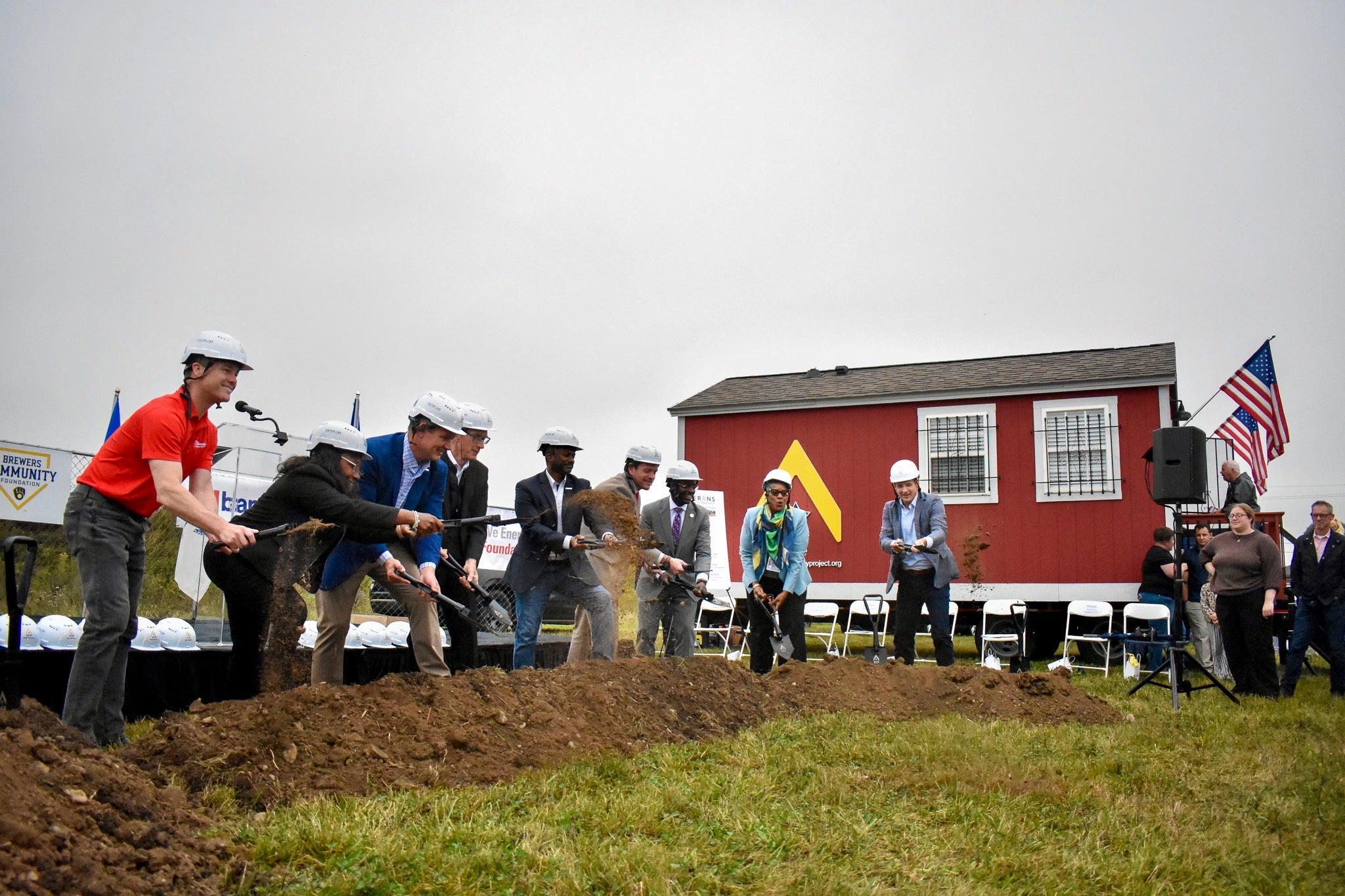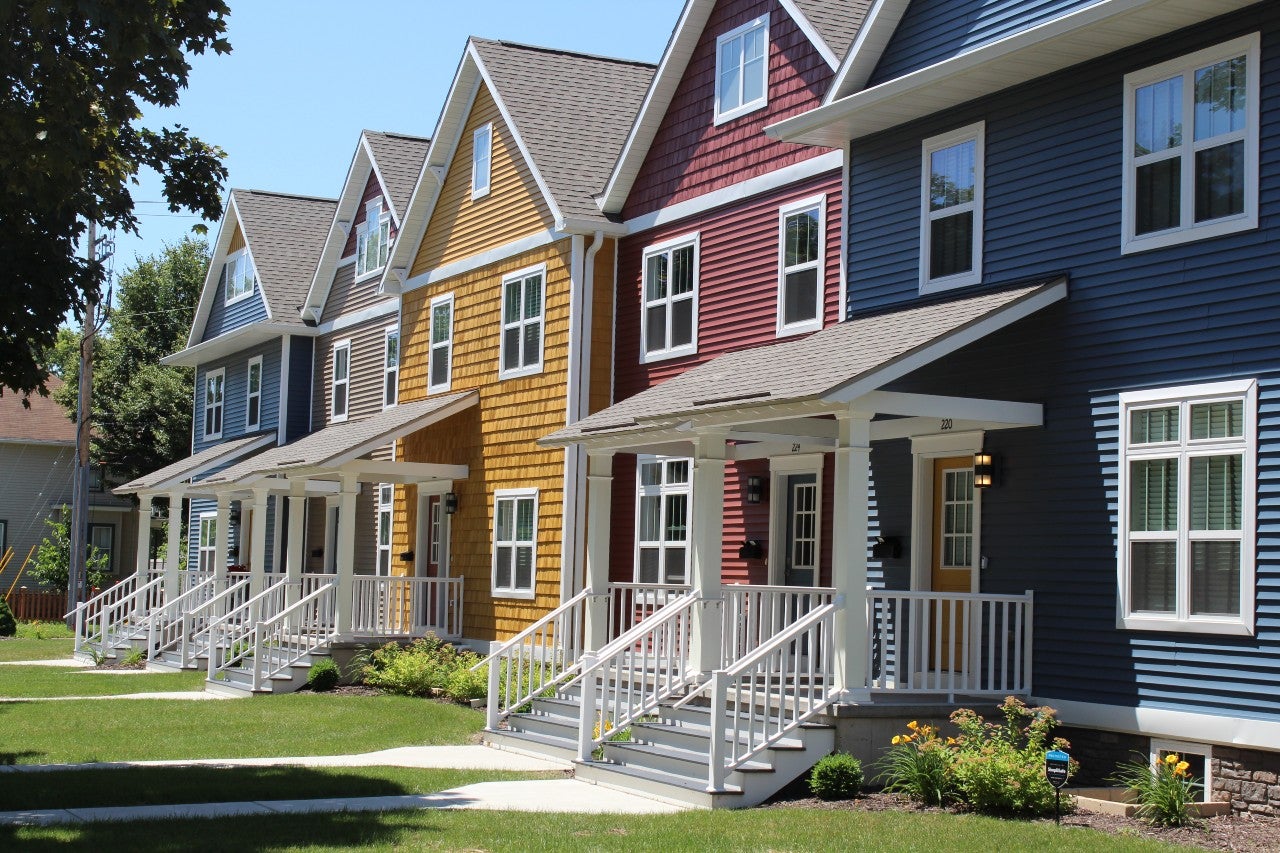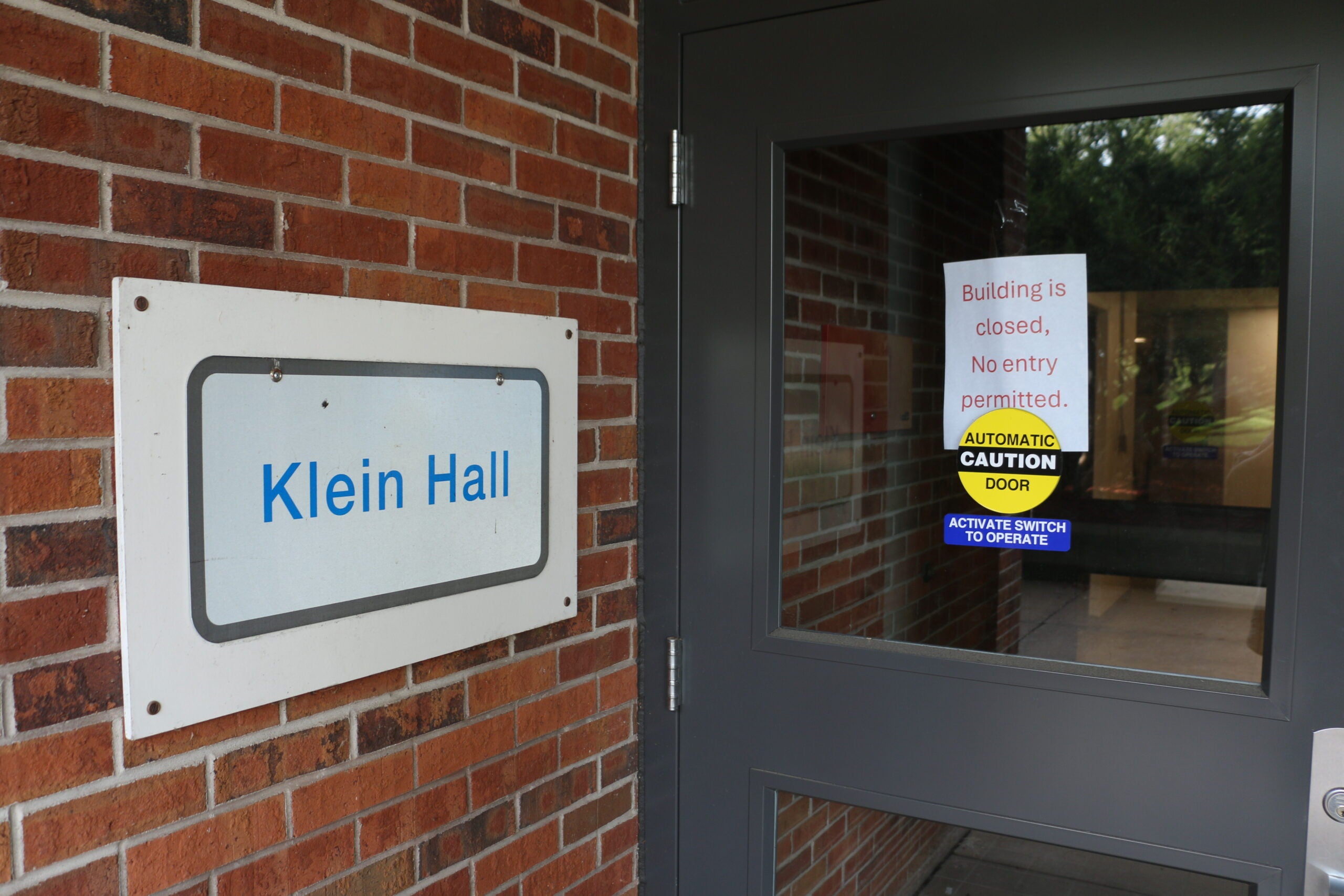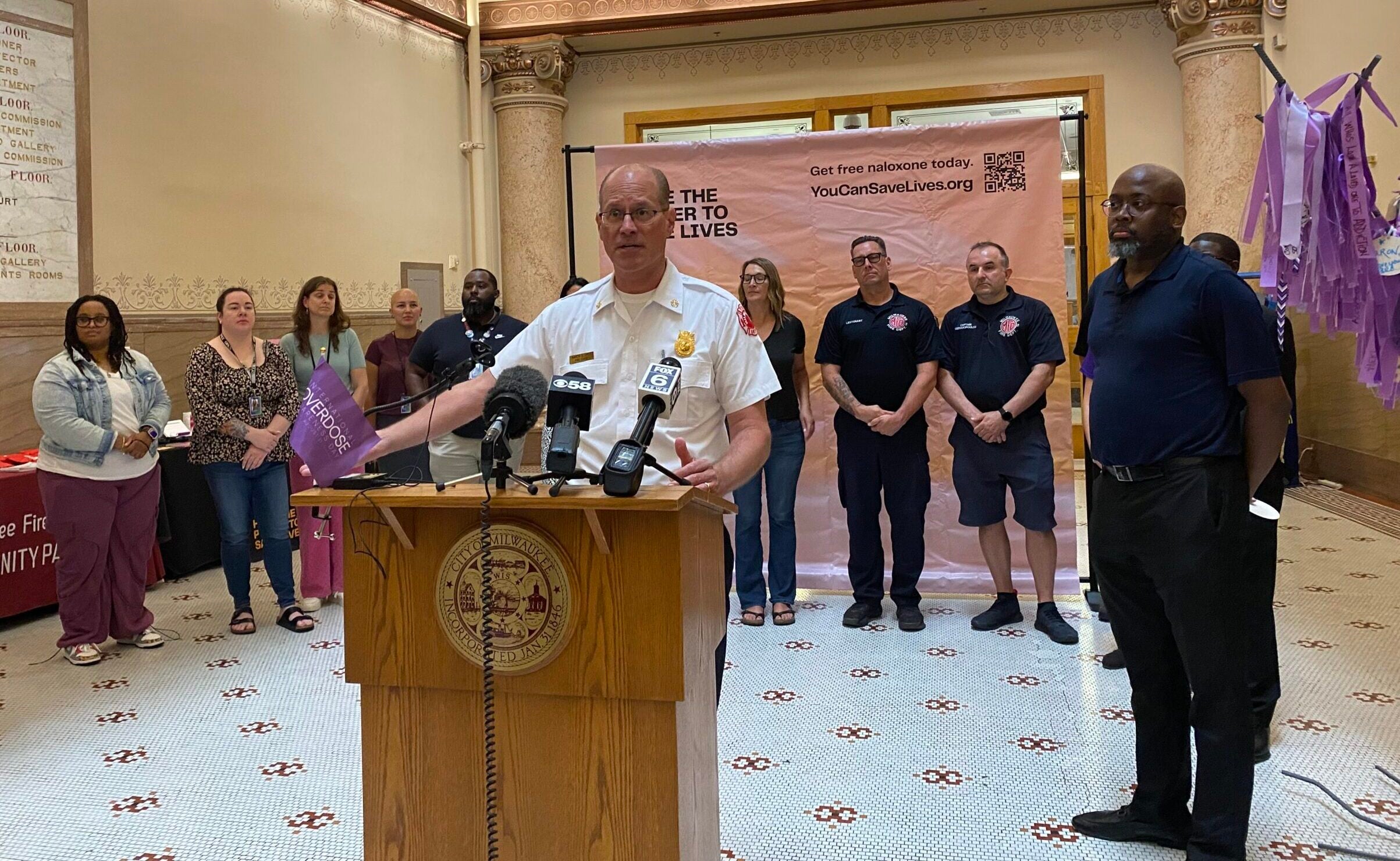A new initiative in Milwaukee County provides temporary housing and supportive services for people who were recently incarcerated.
Project Return is offering housing for up to 12 men who were recently incarcerated at the Milwaukee County Community Reintegration Center as part of a public-private partnership. Staff with the program will help those people find permanent housing and employment while they stay in their own apartments at the Project Return facility in downtown Milwaukee.
“Before they get out, we talk with individuals and they have this clear-cut idea of what they’re going to do, how they’re going to do it, and then they get out, and life gets in the way,” said Wendel Hruska, executive director of Project Return.
News with a little more humanity
WPR’s “Wisconsin Today” newsletter keeps you connected to the state you love without feeling overwhelmed. No paywall. No agenda. No corporate filter.
Overdose rates for people leaving prison are higher than they are for the general public, according to an NPR report. A 2018 report from the Prison Policy Initiative found that formerly incarcerated people are also “almost 10 times more likely to be homeless than the general public.”
“The challenges that former incarcerated people face are numerous,” said Milwaukee County Executive David Crowley during a press conference Friday. “Housing instability makes it that much harder.”
Hruska said the main goal of the program is to prevent people who were recently incarcerated from being caught in a “downward spiral” when they get out of prison.
“We are a place where people can have hope and have belief that they can be something more than what they’ve been in the past,” Hruska said.
Project Return, or “Returning Ex-incarcerated People To Urban Realities and Neighborhood,” is a nonprofit that was started by Cross Lutheran Church in Milwaukee in 1980. Hruska said they’ve been helping people who are recently out of prison for years, but this is the first time they’ll be running a facility where they provide temporary housing for those individuals.
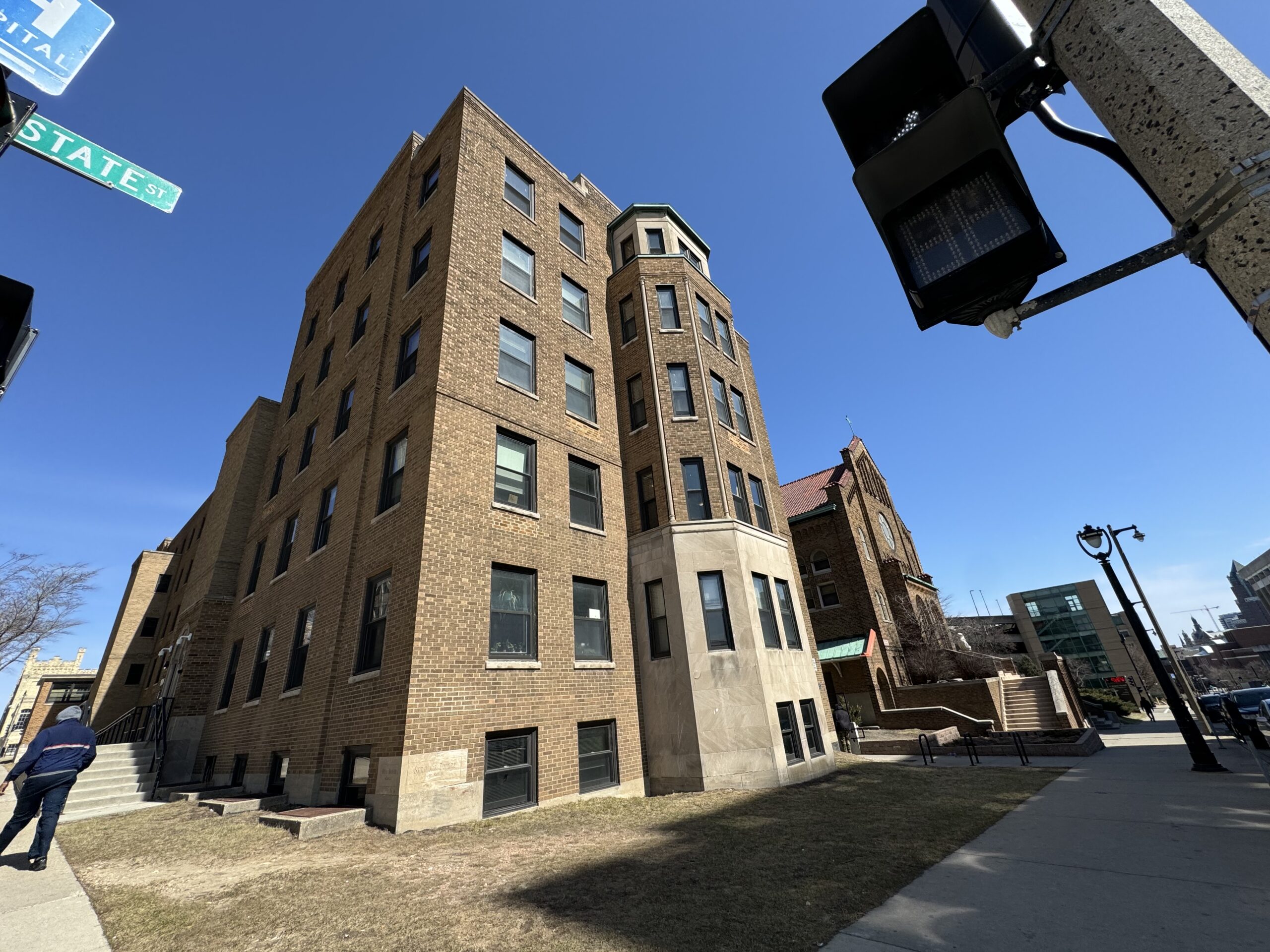
The Milwaukee County Community Reintegration Center, formerly the House of Correction, houses about 1,300 people currently, many of whom are serving one year or less for misdemeanor charges.
“This is an opportunity to help create stability for our returning citizens so that they can engage in employment opportunities and other supportive services that will lessen the likelihood that they will re-engage the criminal justice system,” said Chantell Jewell, the superintendent of the facility.
Jewell said they will identify people who have a “housing barrier” when they leave the facility to participate in the program. Project Return staff work with the facility to help vet people who could be in the program. The person has to agree to be in the program, as well.
“The fact of the matter is that the individuals that are in our care are only there for a short period of time,” Jewell said. “So, I’m not disillusioned to believe that we can do everything. And so that’s where our partners become very, very important.”
Hruska said providing temporary housing for that person is huge.
“That’s the No. 1 criteria. We want to be able to attack and address that issue with individuals and take that one thing off their plate, off their shoulders, that they don’t have to worry about post-release here,” Hruska said.
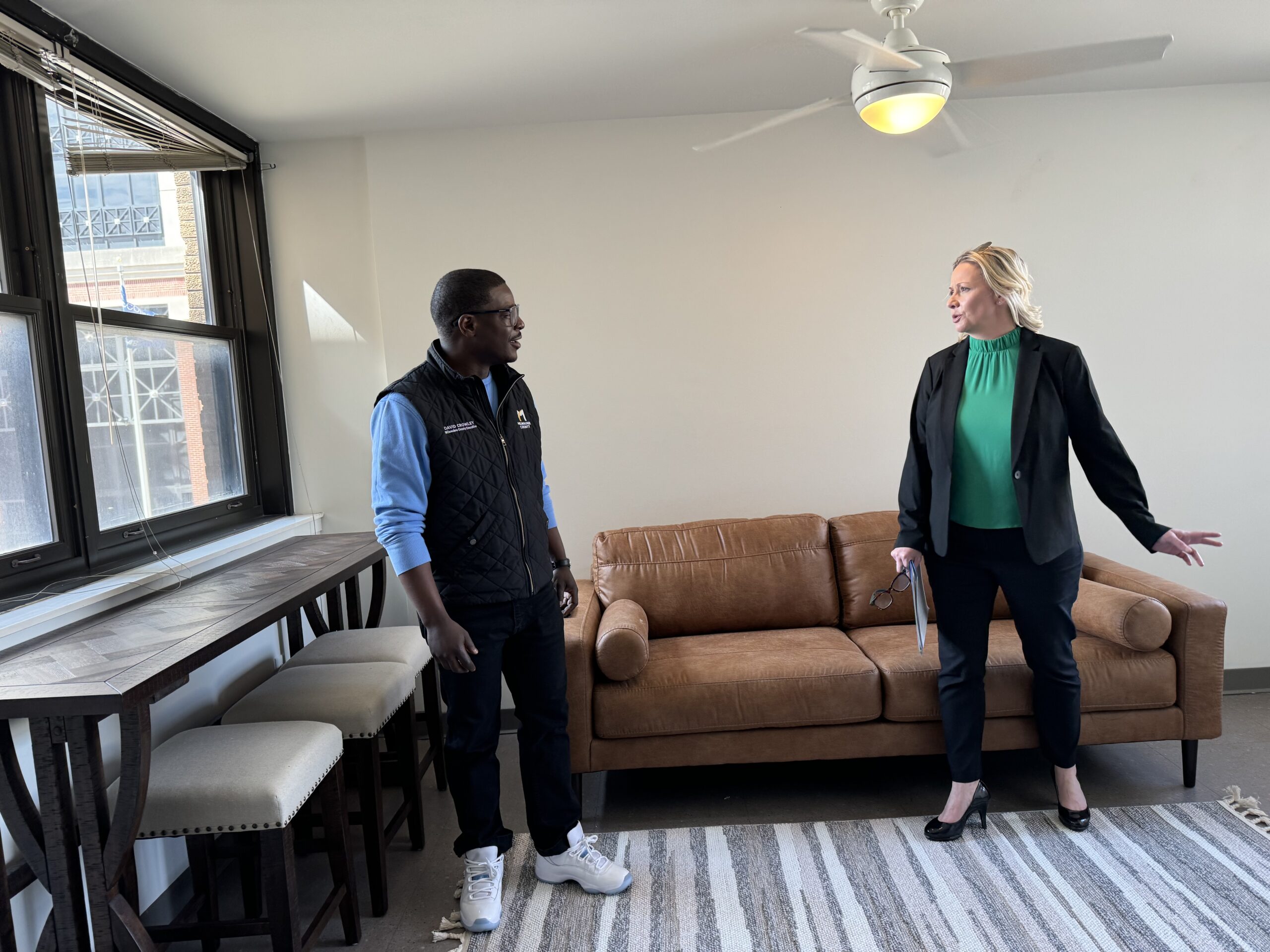
What the program does
There are 12 rooms in the Project Return facility where individuals can live for up to six months for free. Each person in the program gets their own personal care plan developed for them.
“That is launched the day that they come in, and we start really aggressively working towards their goals, to be able to help them get on their feet, get to where they want to go, as well,” Hruska said.
Hruska said the people in the program are offered counseling for substance abuse and mental health. Staff will help the person find employment or job training opportunities.
Staff, the majority of whom are formerly incarcerated people themselves, could also help the individuals with things like getting a driver’s license or getting back into school.
“So, it really depends on the individual that’s coming to us,” Hruska said.
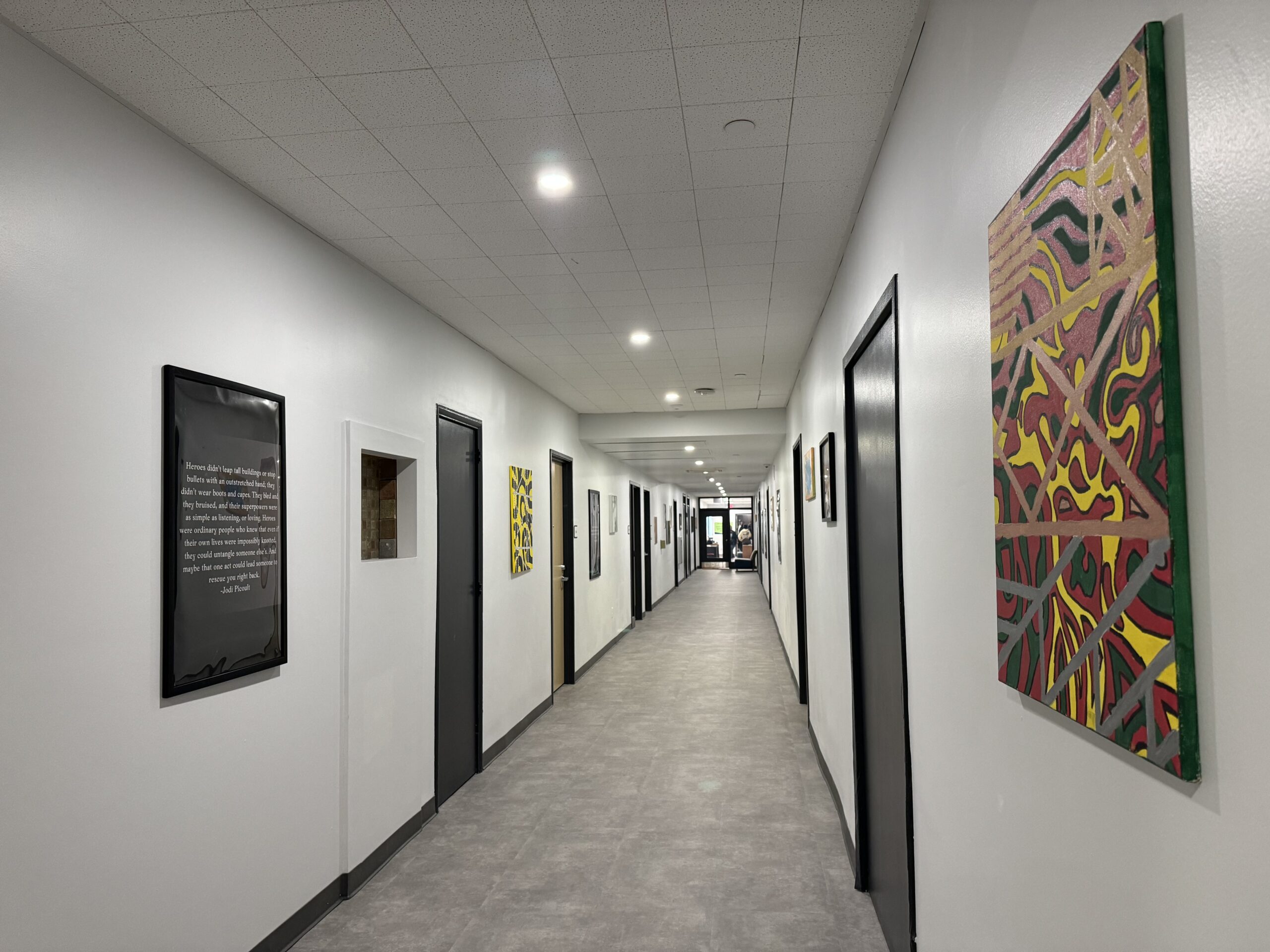
There are some rules, however. Those living in the facility have to remain sober and have a curfew every night.
If the person in the program doesn’t find housing at the end of the six months, the help doesn’t stop there, Hruska said.
“So, even if somebody doesn’t necessarily attain housing right away or by the end of the six months, we will work with our partners to be able to continue on offering services and work with them beyond that,” Hruska said.
There were five people in the program as of Friday.
Seven of the rooms will be funded by the Milwaukee County Community Reintegration Center, while five will be funded by Project Return.
“I understand the challenges that individuals face upon returning home, and the first couple weeks and months are the most critical time upon release, so to be able to provide this type of support is critical,” Jewell said about the program.
Community leaders also want to grow the program.
“It is definitely a program that we feel could be expanded with funding and the right resources available to be able to do it,” Hruska said.
Jewell also said she’d like to expand the program in the future.
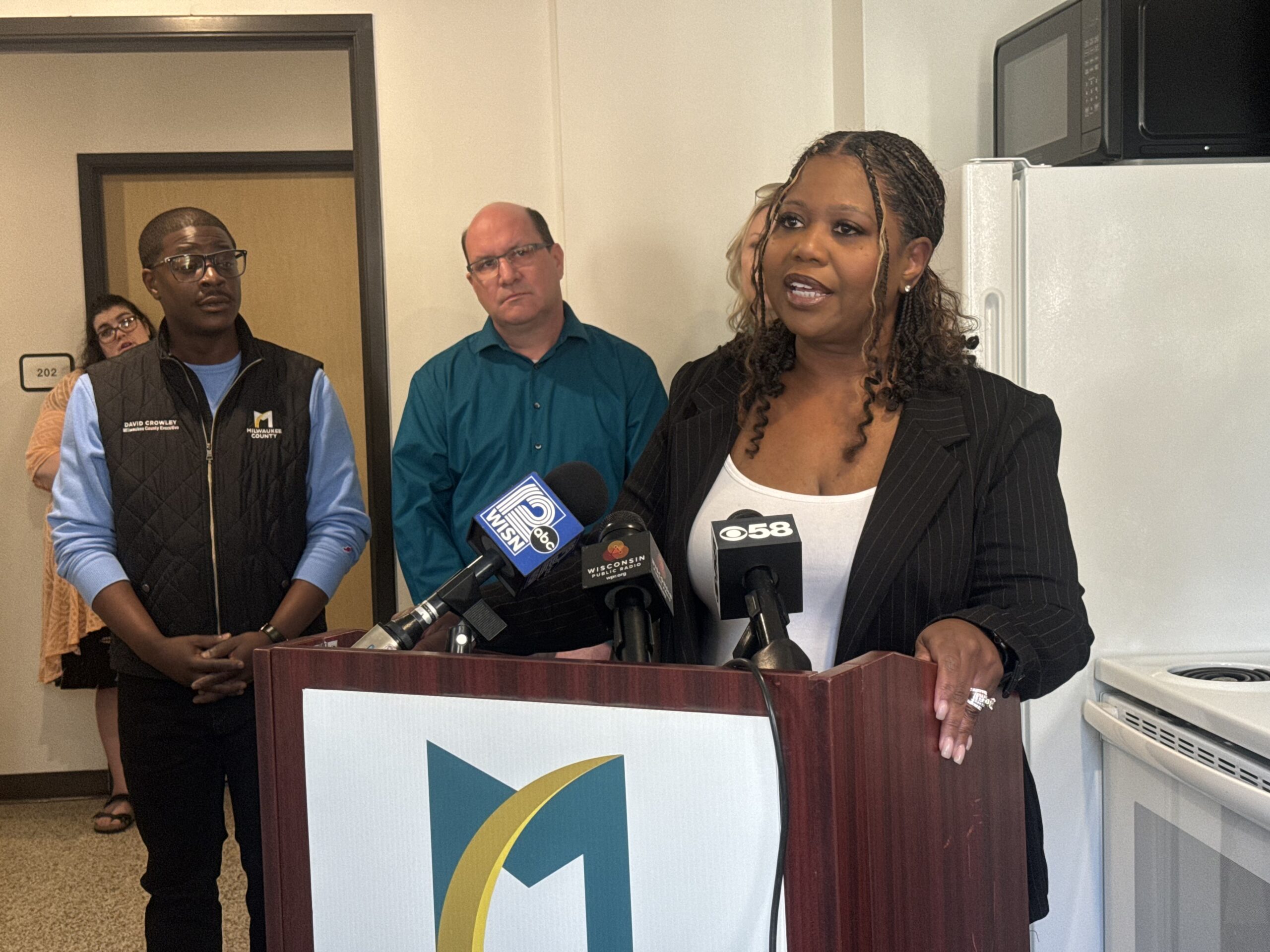
Wisconsin Public Radio, © Copyright 2025, Board of Regents of the University of Wisconsin System and Wisconsin Educational Communications Board.

